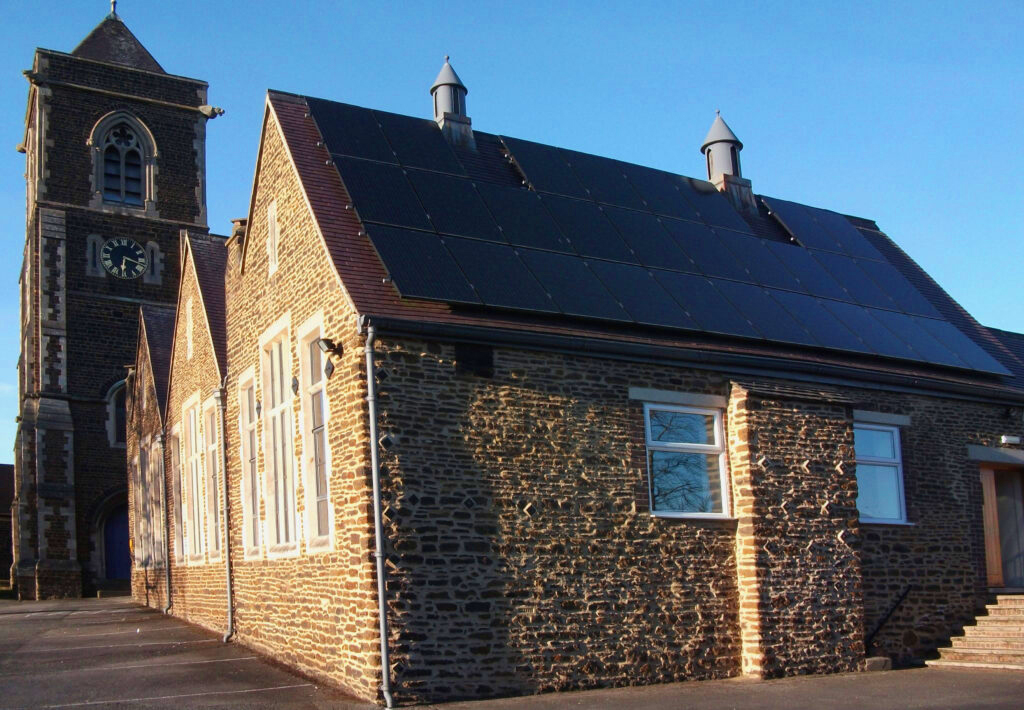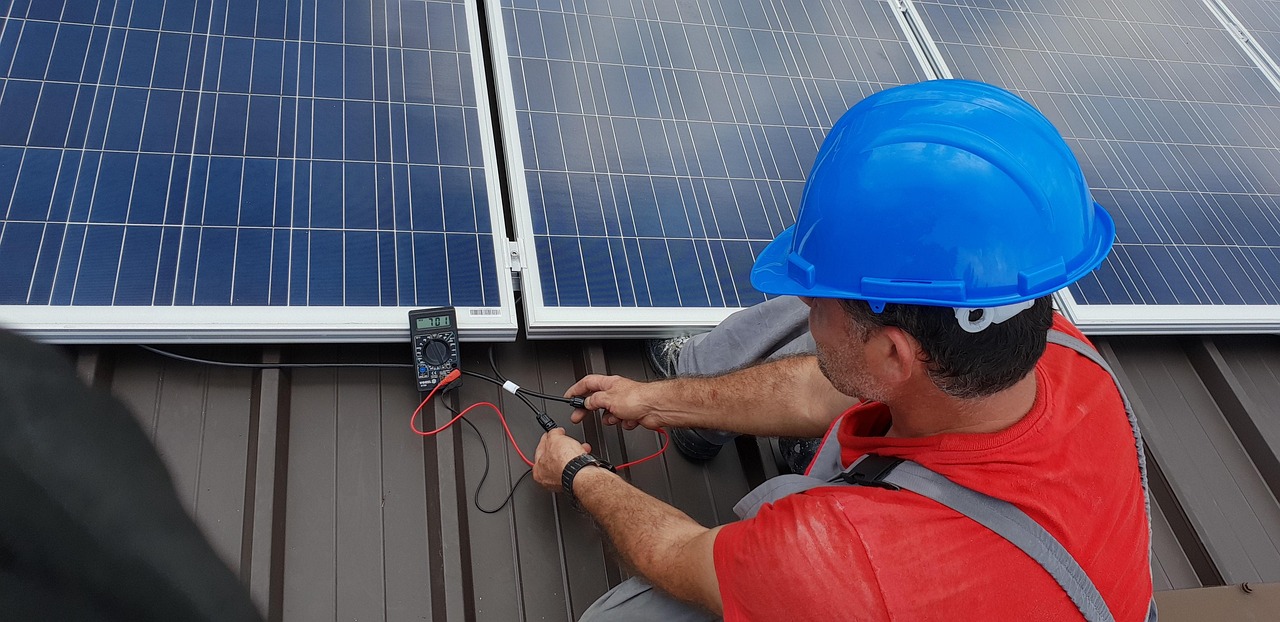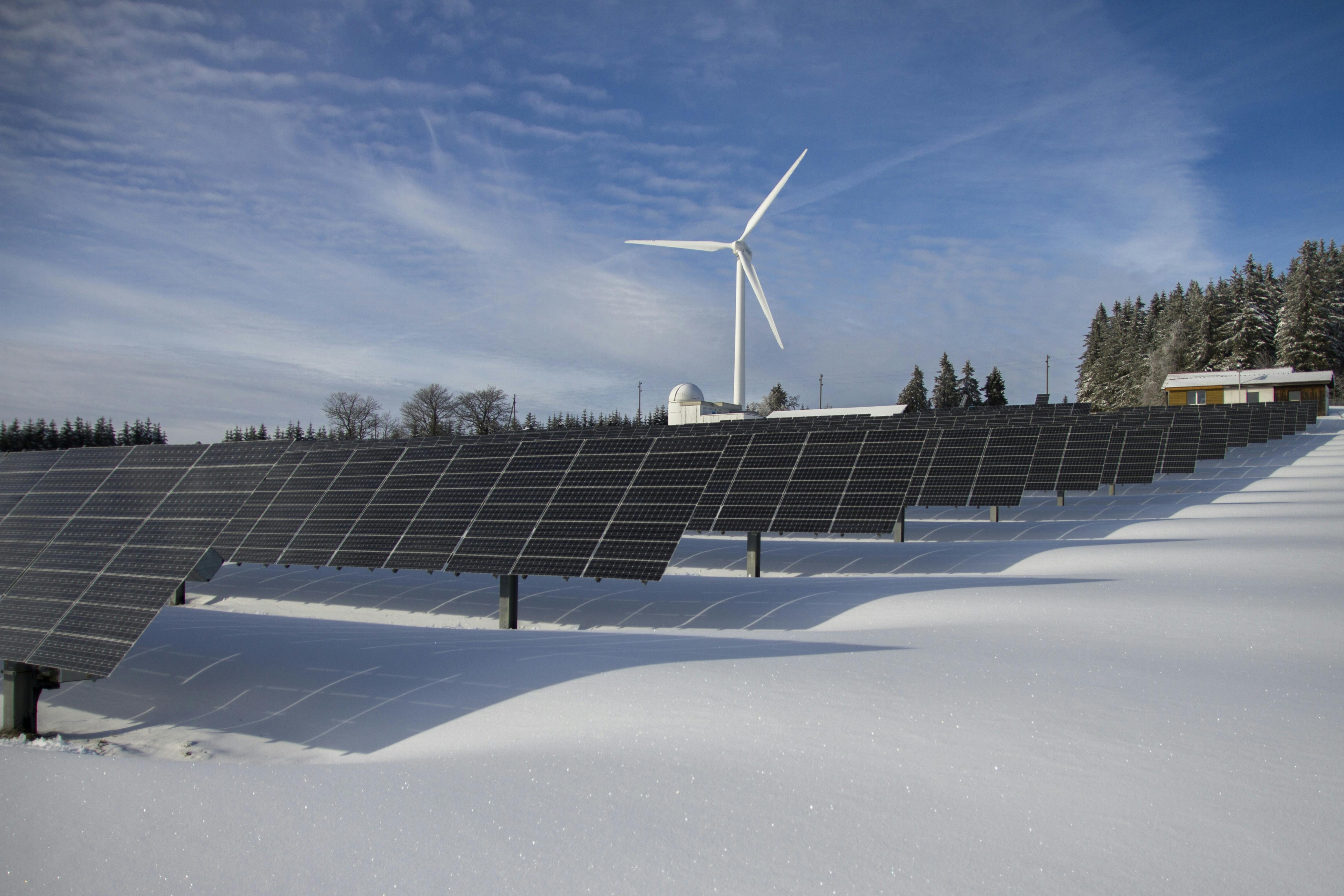Are Solar Panels Worth It for a Business?
Wondering if solar panels are right for your business? Take a look at our latest guide

Due to the long-term savings they offer, solar panels are absolutely worth it for most businesses. Commercial solar installations typically reduce electricity bills by 70-90%, and most businesses achieve self-sufficiency during the sunnier months of the year. The average commercial solar system pays for itself within 6-8 years while lasting 25+ years, making it one of the most reliable long-term investments a business can make. There are also numerous government incentives and tax rebates that help businesses install solar at a reduced cost.
Beyond immediate cost savings, solar panels protect businesses from rising utility rates, make a significant environmental impact, and help businesses boost their sustainability credentials.
Main Solar Takeaways:
- Reduction in energy bills: Solar installations reduce commercial energy bills by 70-90%, leading to savings of tens of thousands of pounds over time
- Payback period: Most commercial installations achieve full payback within 6-8 years, then provide 15-20 years of virtually free electricity
- Funding options: UK government incentives and local grants make switching to solar much more feasible
What Makes Solar Panels Worth It for a Business?
The financial and operational benefits of commercial solar installations extend far beyond simple electricity bill reduction.
Long-Term Cost Savings
The biggest advantage of commercial solar is the dramatic reduction in operational expenses. Once installed, solar panels generate electricity at a fixed cost for 25+ years, effectively locking in energy prices and eliminating risk from volatile utility rate increases. Most businesses see their electricity bills drop by 70-90% immediately after installation, and will only have to pay for basic grid connection fees and any excess energy usage beyond what the solar system produces.
The financial predictability solar provides is incredibly helpful for business planning. Traditional electricity costs can fluctuate significantly based on market conditions, seasonal demand, and utility company policies. Solar-powered businesses can forecast energy expenses years in advance, improving cash flow management and enabling better strategic planning.
Environmental Impact
Installing solar panels dramatically reduces a business’s carbon footprint and strengthens a company's sustainability profile. For example, a 100kW commercial solar system prevents approximately 150,000 pounds of CO2 emissions annually – equivalent to planting 2,700 trees or driving for 300,000 miles!
Increased Energy Independence
Solar panels let businesses achieve greater energy independence, especially in summer months. Businesses with solar installations become less dependent on grid electricity, reducing vulnerability to power outages and utility rate increases. Solar systems paired with battery storage can also provide backup power during grid failures, ensuring businesses can continue running smoothly without losing revenue from power interruptions.
How Much Can Solar Panel Installation Cost for Businesses?
Solar panel installations vary significantly based on the size of the property, particularly depending on how many panels the unit’s roof can fit. For example, a commercial unit of 14,000sq ft has space for around 40-50 solar panels. On average, a system of that size would cost in the region of £14,000 - £18,000, and generate over 20,000kWh of electricity a year.
Financing Options and Grants
Multiple financing solutions make commercial solar accessible regardless of available capital. Solar loans offer competitive interest rates and terms that often result in immediate positive cash flow, where monthly loan payments are less than electricity bill savings. Solar leases and power purchase agreements (PPAs) require no upfront investment, allowing businesses to benefit from solar power while paying a fixed monthly fee or predetermined electricity rate.
Government Incentives and Tax Benefits
Government incentives help more businesses afford solar installations and recoup their initial investment. These incentives can vary on location and type of business, but include:
- Smart Export Guarantee - The Smart Export Guarantee (SEG) is a government scheme that lets UK businesses profit from their solar installations by paying them for excess electricity that they can export back to the National Grid. Businesses with solar often generate more than they can use, especially during the summer, when solar panel generation is at its peak. The opportunity to get paid for excess energy lets businesses make extra income from solar, and can be particularly lucrative for companies with large roof spaces or lower daytime energy usage.
- Annual Investment Allowance (AIA) - Under the AIA, businesses can claim 100% of the cost of solar panel costs from their taxable profits in the year of purchase – up to a value of £1 million pounds.
- First Year Allowance - An alternative to the AIA, the First Year Allowance allows businesses to deduct 50% of the cost of their solar panel installation from their taxable profits in their first year of purchase. After the first year, they can deduct 6% per year until they’ve fully written off their purchase.
- Renewable Energy Generation Relief (Scotland) - Businesses in Scotland may be able to get 100% off their non-domestic energy rates if their renewable energy scheme entitles one or more community organisations to a share of their annual profit.
- Development Bank of Wales - Green Business Loan Scheme - This scheme gives Welsh businesses looking to reduce carbon emissions access to loans with competitive interest rates and flexible terms. There are also opportunities to access grant support to carry out a detailed energy audit and review of their decarbonization strategies.
These incentives can dramatically improve businesses’ return on investment and shorten payback periods, making solar much more accessible to UK businesses.
Is There a Scenario Where Solar Panels Aren't Right for a Business?
While solar can benefit most businesses, certain scenarios make installations less financially viable. Properties with significant roof shading from trees, tall buildings, or other obstructions may not generate enough solar power to justify installation costs. Similarly, properties with several skylights, vents, or split levels have increased cost and design complexity, which can have a negative effect on payback periods.
The benefits of solar also depend on a company’s energy use and how long they’re planning to occupy a property. For example, businesses with energy bills less than £500 a month might not see massive savings from solar. Companies planning to relocate within 6-8 years or short-term tenants would also not remain in place long enough to realize full financial benefits, though solar installations can still increase property values long-term.
Conclusion
MakeMyHouseGreen has extensive experience with commercial solar installations. As part of our process, we offer a detailed consultation that aims to understand a business’s unique energy needs and layout. We offer nationwide installations, and our team has expertise with complicated commercial set-ups including flat roofs, asbestos roofs, and more.
Use our solar calculator to estimate how much solar will cost for your business and to see how much you’d save. Or, book a call directly with a member of our expert team.
Ready to see what you can save?
Our solar calculator is 100% free to use. Enter your postcode below to get started.

Based on 400+ Trustpilot reviews






